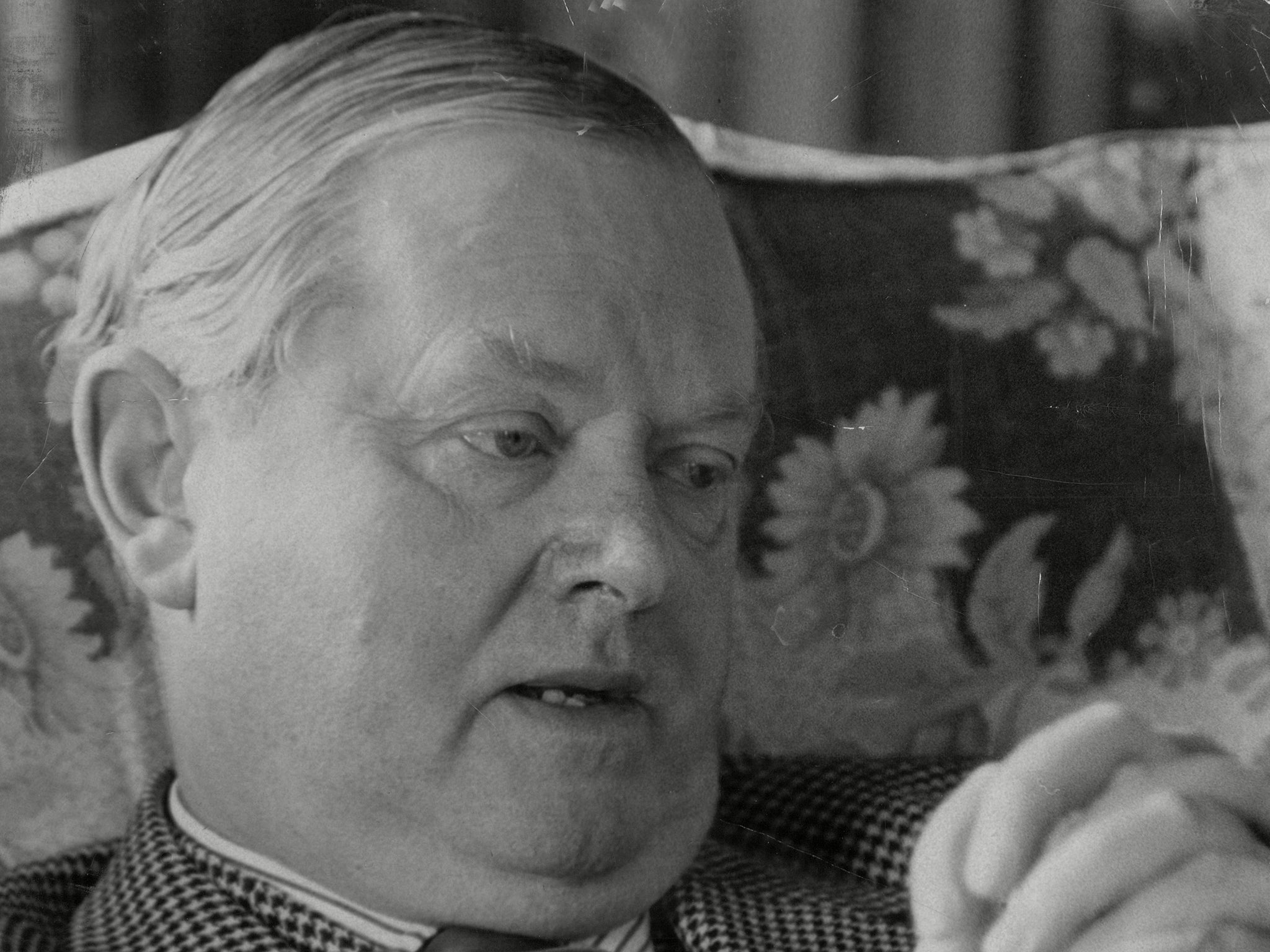Today’s Evelyn Waugh would have had her novel Vile Bodies forced into pink covers, renamed Pretty Young Things and marketed as a romcom
You may think I’m exaggerating, but modern bookselling is a ruthless business

The Independent Bath Literature Festival, which ends on Sunday evening, raised many interesting philosophical puzzles, not least of them the concept of being “over-feminist”.
This is what Prue Leith said she didn’t want to sound like by broaching a discussion about women in publishing. “I do think there is something in publishing which underrates women’s writing,” she said. “It will be categorised as commercial fiction, light fiction, romance or women’s fiction… But if a man writes a love story, they are [seen as] offering a deep insight into the psychological condition. They get reviews that take them seriously.”
Obviously she wasn’t talking about reviews in this newspaper – but given that women write as many books as men and buy a lot more of them, I think it is just feminist enough to look at perceptions of women’s writing.
When Evelyn Waugh was listed recently among Time magazine’s top 100 female writers, it made me wonder how Evelyn’s books would be reviewed and marketed if she had written them now. In 1928, Decline and Fall was lauded as a viciously funny social satire; but would the same novel by Mrs Waugh be read as semi-autobiographical flimflam about a wedding? A Handful of Dust: a condemnation of the futility of humanist philosophy, or a thinly disguised roman à clef? Vile Bodies was a dark view of a decadent, doomed generation, but today’s Evelyn would have had her novel forced into pink covers, renamed Pretty Young Things and marketed as a romcom.
You may think I’m exaggerating, but modern bookselling is a ruthless business. A critically acclaimed novelist once told me that a senior publisher had confided in her: “Oh, we have the male authors to win us the prizes, dear, and the women to make us the money.” Another said that a supermarket chain had demanded changes not only to the cover of her novel, but to the plot. When I interviewed the bestselling novelist Marian Keyes, whose work tackles weighty, universal themes such as addiction, illness and grief, I asked what she thought would happen if her pastel-covered fiction were packaged instead like Howard Jacobson’s or Julian Barnes’. “I think an awful lot of people would stop buying it”, she replied, with typical pragmatism. No wonder Evelyn used a female pseudonym to sell all that domestic fiction!
I’m not sure what packaging fiction in girlie covers really achieves, except for making sure that men will never read it. So I was intrigued to receive an advance sample last week of a novel that is not published until November. The cover was black and white, with no information or author’s name on it, and a note from the publisher asked me to “read without prejudice”.
The novel, Small Great Things, is about race, illness, morality and inequality, and the author is Jodi Picoult. Here is a publisher taking its author seriously. I hope readers will do the same.
Join our commenting forum
Join thought-provoking conversations, follow other Independent readers and see their replies
Comments
Bookmark popover
Removed from bookmarks